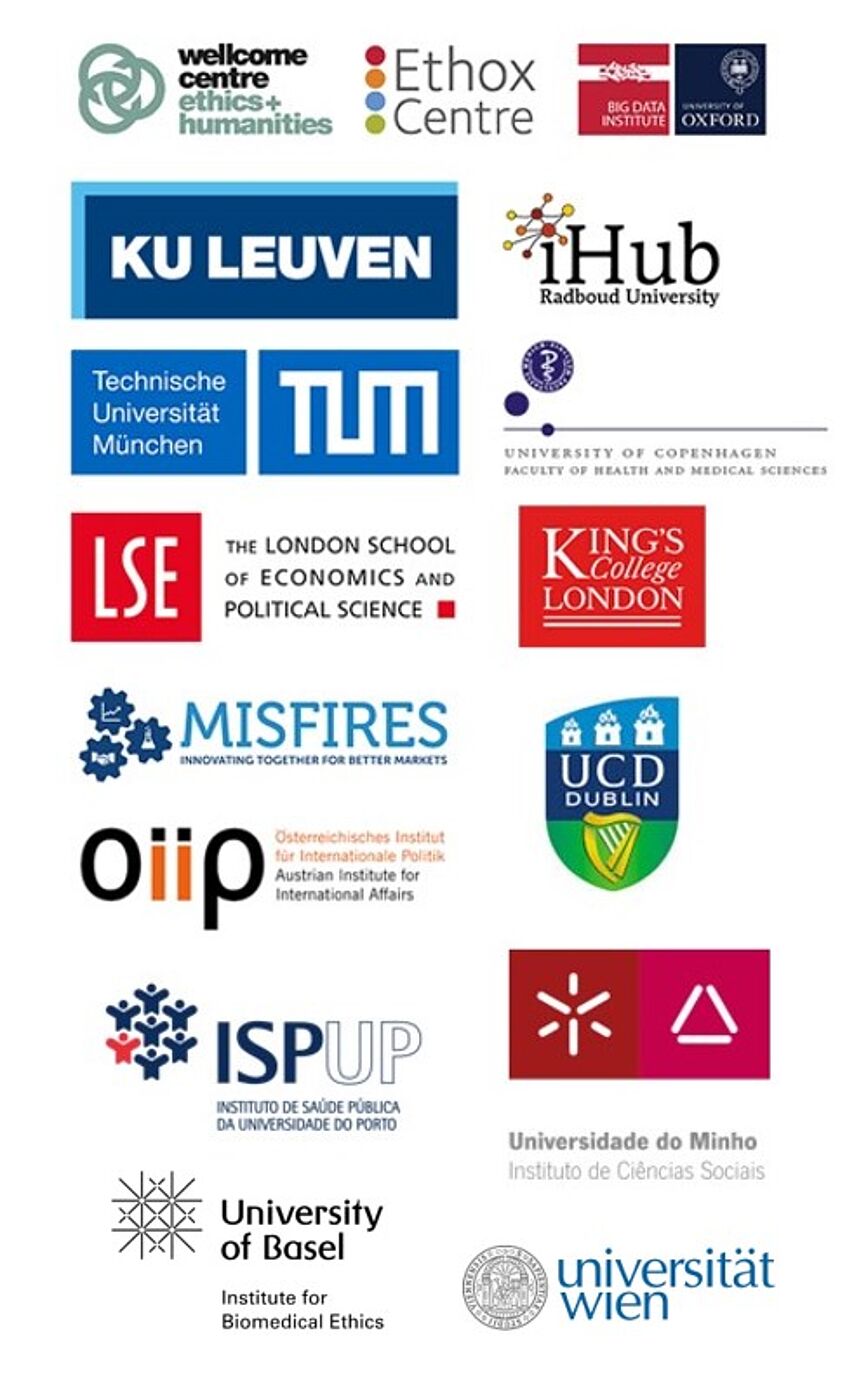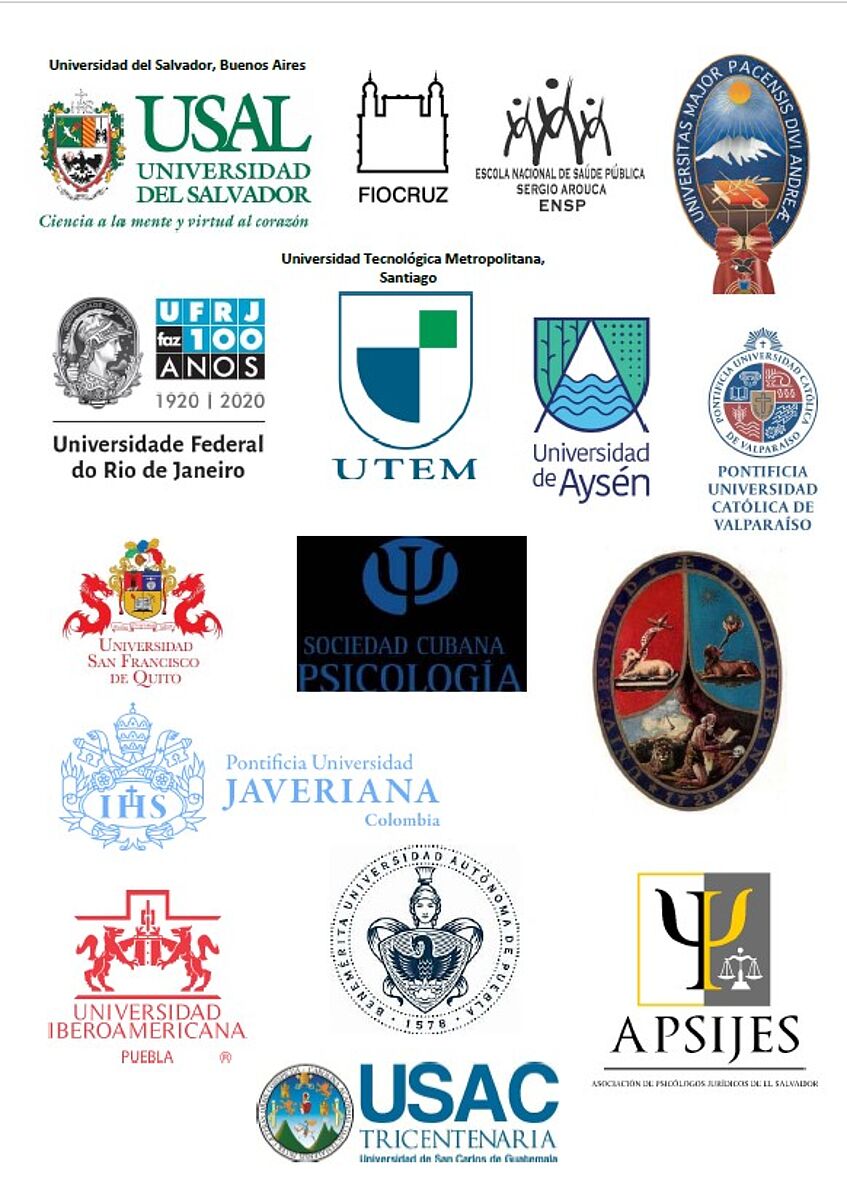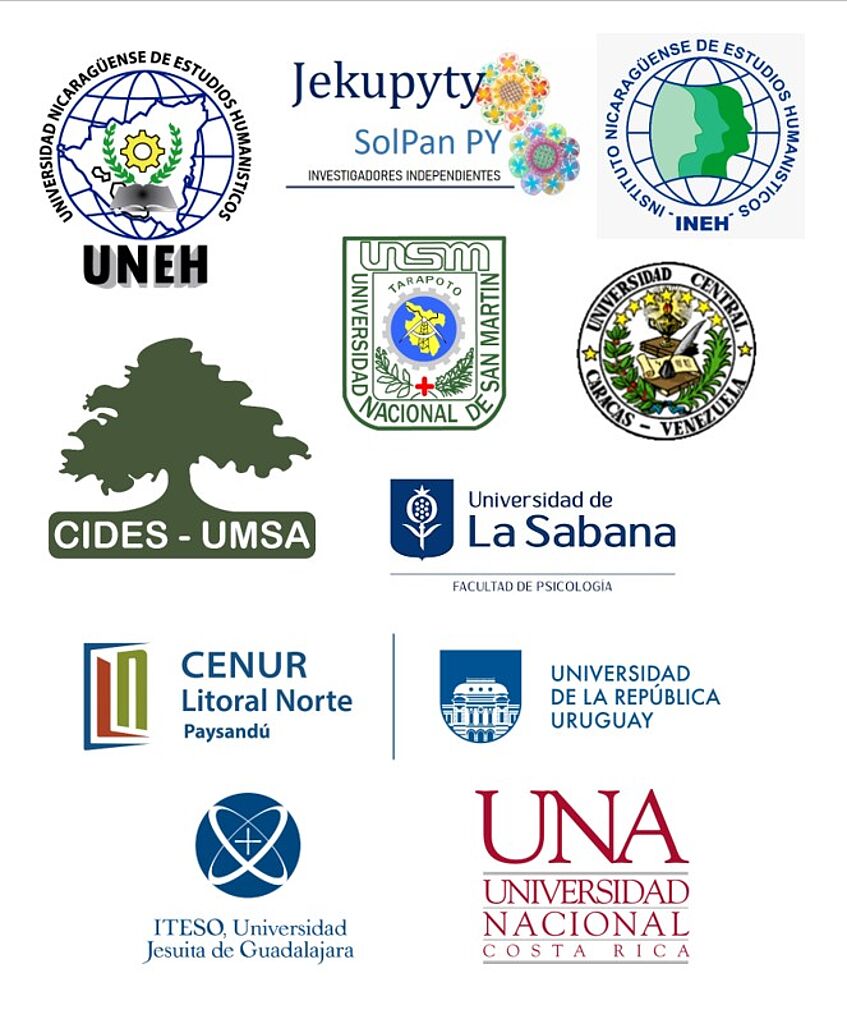Solidarity in times of a pandemic: What do people do, and why?

Solidarity in times of a pandemic: What do people do, and why?
WHAT IS SOLPAN?
A comparative and longitudinal qualitative study
Our multinational, comparative, qualitative study “Solidarity in times of a pandemic. What do people do and why?” (SolPan) examines diverse questions regarding the pandemic situation in different European as well as non-European countries. By means of in-depth qualitative interviews with residents in these countries, we explore questions concerning, for example, the importance of digital practices such as home office working, the meaning of specific policy measures, the role of citizens in managing the crisis, but also the proliferation of contact tracing applications as a policy instrument in tackling the COVID-19 pandemic.
A research commons
SolPan is set up as a research commons; this means that all researchers in the project collectively develop the research design, the data collection instruments, or how the data will be used. You can read more on the history and nature of SolPan here.
COVID-19: How does it affect our societies?
The COVID-19 pandemic has posed unprecedented challenges for policymakers, public health officials, and societies. The social and economic effects will be felt for many years to come. Since the early days of the pandemic in March 2020, the SolPan project has examined how people cope with the situation, how they respond to policy measures that have been introduced, and what actions they take on their own initiative over and above the official advice by governments. What has motivated citizens to follow, adapt to, or ignore, the advice of public authorities? What do they do to protect themselves, and to support others – and what roles do technologies play in this? What, or who, do people trust in these uncertain times? What do people need to feel safe at the time of crisis?
The project examines these important questions in ten different European countries, namely Austria, Belgium, France, Germany, Ireland, Italy, the Netherlands, Portugal, Switzerland and the United Kingdom. We use a multi-sited qualitative research design involving in-depth open-ended interviews.
This qualitative longitudinal study design involves ‘soft comparisons’ between countries, and over time. This allows us not only to identify differences and similarities in how people responded to the pandemic and the ensuing policy measures, but also why. These findings have already started to generate valuable evidence for policies for pandemic preparedness, prevention, and containment in the countries under study, and beyond (scientific papers emerging from the SolPan can be found here; short summaries are available here).
Joint publication of the entire SolPan Research Commons

Joint publication of the entire SolPan Research Commons
Democratic research: Setting up a research commons during the COVID-19 pandemic
In February 2020, the signs were getting stronger that the novel coronavirus SARS-CoV-2 would cause a worldwide pandemic. Horrific news from Lombardia in Italy reported overwhelmed hospitals and dead bodies stacked up in churches because morgues were overflowing. It became clear that this virus would have dramatic effects on society. At that time, some of us, at the University of Vienna, started to plan a study of solidarity in times of a pandemic - SolPan. The project was designed as an interview study with residents in several European countries. It has sought to generate knowledge that is usable, timely and rigorous during the pandemic and beyond. A couple of months later, in May 2020, a sister consortium, SolPan+ Latin America, was initiated. Funding acquisition for the whole consortium was not successful, therefore, we started the study without any dedicated funding. Every researcher involved was working voluntarily. This is one of the reasons why SolPan does not only study solidarity in a pandemic; based on solidaristic principles, it is organized as a research commons. This means that SolPan team members own the instruments, data and results of the project and govern the commons: Early-career researchers are promoted and encouraged to take leading positions for various parts of the project. Important decisions are not made top-down, but deliberated and decided upon in regular meetings. For example, members of the SolPan research commons decided on authorship rules and rules for data use. These rules, alongside an environment that fosters open communication and peer support, helped us to address the challenges related to potential freeriding (individual researchers overly taking advantage of others’ work), invisible work (often early-career researchers working in the background), coordination of an international research project spanning ten European countries in total, and the issue of staff dropouts and burnouts.
The exceptional circumstances during the first lockdown in Spring 2020 created the opportunity for this unique experiment: the creation of a research commons within the modern corporate university, where research is usually driven by competition and hierarchy. The spirit of the research commons, characterized by an underlying solidaristic attitude of its members and its intrinsic organizational features, makes SolPan an example of research that is democratic and guided by the values of collaboration and mutual care. (Bettina Zimmermann, Hendrik Wagenaar, Katharina Kieslich, Barbara Prainsack)
Full paper: Zimmermann B, Wagenaar H, Kieslich K, et al. Democratic research: Setting up a research commons for a qualitative, comparative, longitudinal interview study during the COVID-19 pandemic. SSM Qual Res Health 2022; Sep 7;2:100158. Accessible here:
WHAT IS SOLPAN+? (EN)
SolPan+ is part of the larger SolPan consortium. SolPan+ partners are regional consortia that expand the SolPan project to wider world regions to foster a better understanding of how local conditions, political and social factors, and other nation- and region-specific conditions influence people´s experiences during the pandemic. Moreover, the diverse geographical and demographic contexts that are now represented in the SolPan consortium enable us to explore how different availability of, and access to, public services, as well as different configurations and conditions of inequality, affect the capacity to adapt and mitigate the impacts of the COVID-19 crisis. Using a qualitative and inductive methodology and data collection instruments specific to each region, we can generate data that are both comparative across national and regional contexts as well as specific to local specificities.
Contact
If you have questions about the SolPan project in general, please contact the project leads:
Barbara Prainsack: barbara.prainsack@univie.ac.at
Gertrude Saxinger: gertrude.saxinger@univie.ac.at
Katharina Kieslich: katharina.kieslich@univie.ac.at
Centre for the Study of Contemporary Solidarity, Department of Political Science, University of Vienna
For other project partners of SolPan click here.
If you have questions about research carried out by our SolPan+ partners, please contact the SolPan+ Latin America Lead:
Isabella Radhuber: isabella.radhuber@univie.ac.at
Research Network Latin America, Department of Political Science, University of Vienna
For other project partners of SolPan+ click here.
¿QUÉ ES SOLPAN+? (ES)
SolPan+ es parte del consorcio más grande del proyecto SolPan. Los asociados de SolPan+ son consorcios regionales que amplían el proyecto SolPan a regiones del mundo más amplias para fomentar una mejor comprensión de la forma en que las condiciones locales, los factores políticos y sociales y otras condiciones específicas de la nación y la región influyen en las experiencias de las personas durante la pandemia. Además, los diversos contextos geográficos y demográficos que están ahora representados en el consorcio SolPan nos permiten explorar la forma en que las diferentes disponibilidades de los servicios públicos y su acceso a ellos, así como las diferentes configuraciones y condiciones de desigualdad, afectan a la capacidad de adaptación y mitigación de los efectos de la crisis de COVID-19. Utilizando una metodología cualitativa e inductiva e instrumentos de colección de datos específicos para cada región, podemos generar datos que son a la vez comparativos entre los contextos nacionales y regionales y específicos de las especificidades locales.
Contacto
Si tiene preguntas sobre el proyecto SolPan en general, por favor contacte:
Barbara Prainsack: barbara.prainsack@univie.ac.at
Gertrude Saxinger: gertrude.saxinger@univie.ac.at
Katharina Kieslich: katharina.kieslich@univie.ac.at
Centre for the Study of Contemporary Solidarity, Departamento de Ciencias Políticas, Universidad de Viena
Para otros socios del proyecto SolPan, véase este enlace.
Si tiene preguntas sobre la investigación llevada a cabo por nuestros socios de SolPan+, por favor contacte la dirección de SolPan+ para América Latina:
Isabella Radhuber: isabella.radhuber@univie.ac.at
Red de Investigación América Latina, Departamento de Ciencias Políticas, Universidad de Viena
Para otros socios del proyecto SolPan+, véase este enlace.



